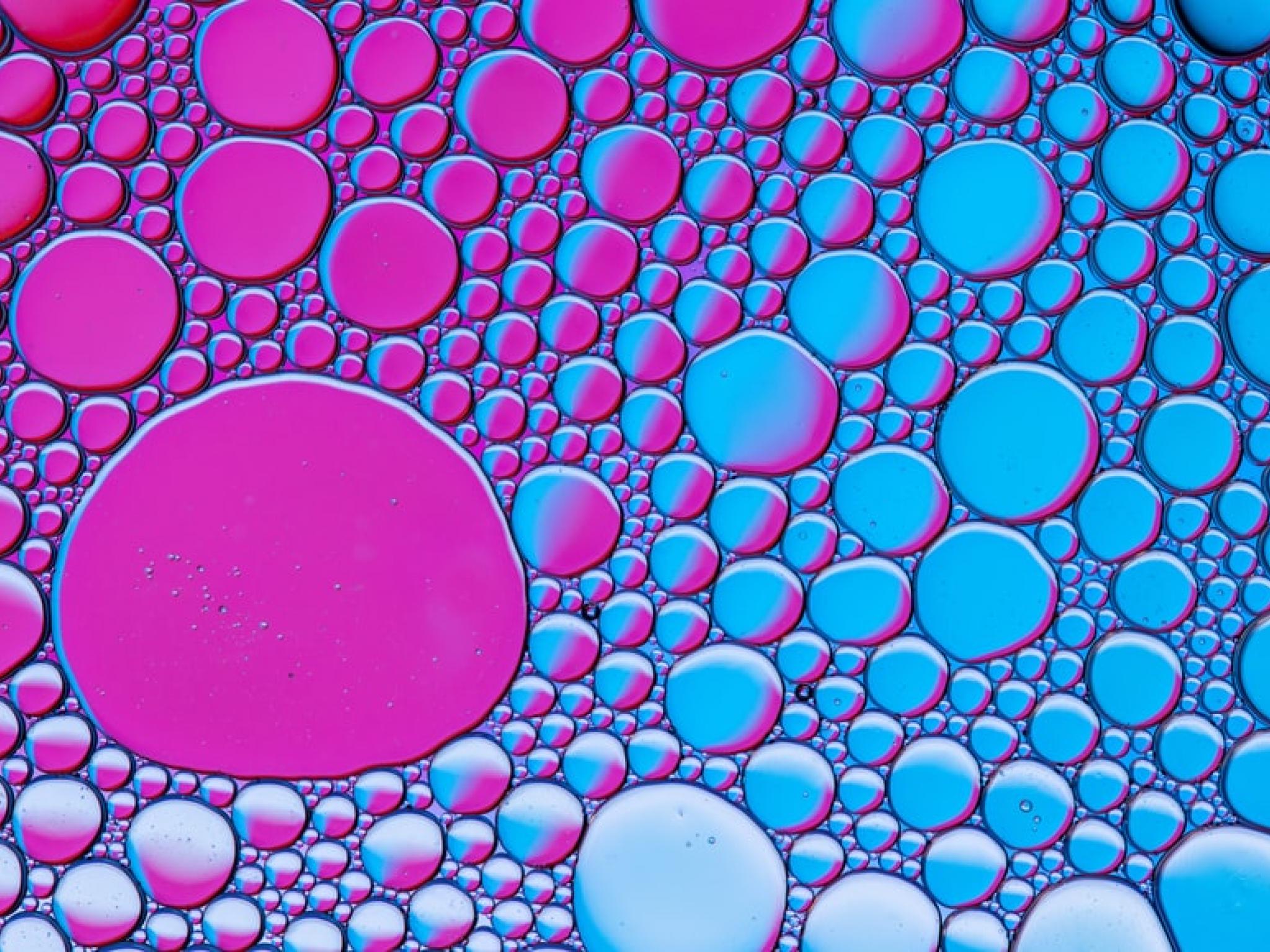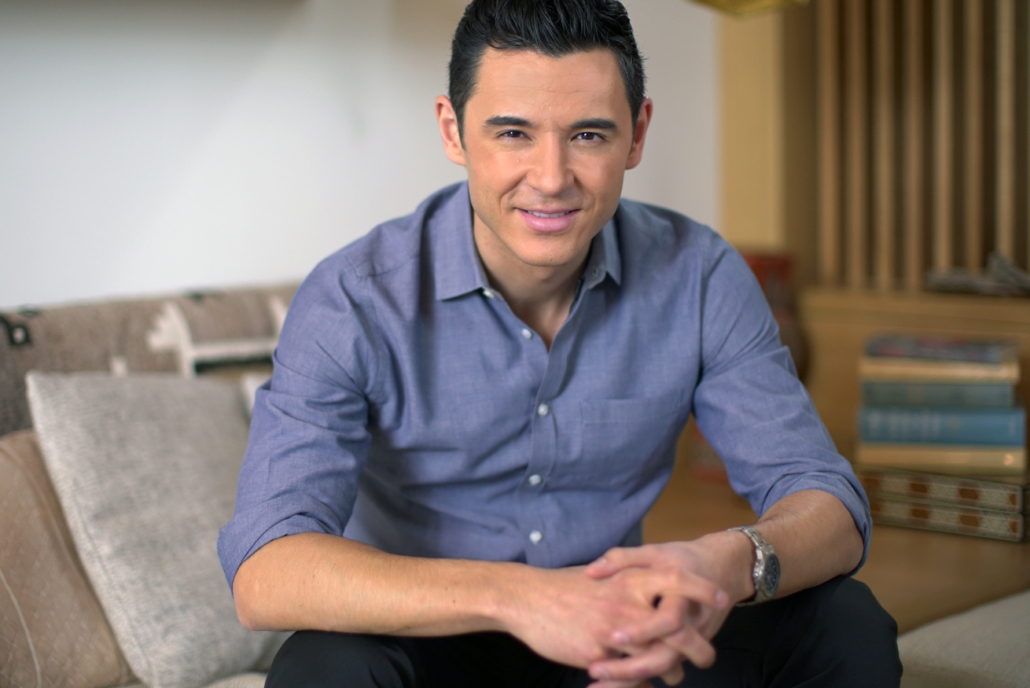
This article was originally published on Psychedelic Spotlight and appears here with permission.
Psychedelic Spotlight speaks to a Field Trip Health patient and a psychotherapist, whose experiences suggest ketamine can also treat anxiety among other mental health issues.
Ketamine is shaping up to be one of the best tools legally available to relieve depression and suicidal thoughts as well as other mental health issues.
A systematic review of 83 published research papers, led by the University of Exeter and funded by the United Kingdom’s Medical Research Council, found ketamine therapy rapidly reduced symptoms of depression one to four hours after a single treatment, and the effect lasted up to two weeks. Additionally, suicidal thoughts in patients reduced moderately to largely as early as four hours after treatment, and lasted on average between three and seven days.
“Our research is the most comprehensive review of the growing body of evidence on the therapeutic effects of ketamine to date,” says lead author Merve Mollaahmetoglu. “Our findings suggest that ketamine may be useful in providing rapid relief from depression and suicidal thoughts, creating a window of opportunity for further therapeutic interventions to be effective.”
He adds, “It’s important to note that this review examined ketamine administration in carefully controlled clinical settings where any risks of ketamine can be safely managed.”
The paper published in The British Journal of Psychiatry Open last week included 33 systematic reviews, 29 randomized control trials, and 21 observational studies to come to the conclusion of ketamine’s effectiveness in relieving symptoms of depression and suicidal thoughts. Authors, however, noted more research is required to fully understand the optimal dosage amount and frequency, as well as the interactive benefit of psychotherapy in addition to how to best prepare patients for treatment.
Field Trip Health is on the forefront of this growing avenue in mental health care and research. In addition to its own proprietary drug development program, the Canada-based company currently administers ketamine-assisted psychotherapy to qualified patients at 11 locations, seven of which are located in the United States in cities New York, Los Angeles, Chicago, Atlanta, Houston, Seattle, and San Diego. More locations are on the horizon, too.
CEO Ronan Levy tells Psychedelic Spotlight, “This study further validates what we see every day at our Field Trip Health centers across North America: not only is ketamine an extremely effective depression treatment, when paired with the integration protocols we’ve developed at Field Trip, it is arguably the most effective depression treatment currently available, full stop. We commonly see our clients’ depression symptoms improve from ‘severe’ to ‘mild’ with those benefits lasting for 120 days or more. To my knowledge, no other treatment option even comes close to offering these kinds of improvements.”
WHAT ABOUT ANXIETY?

Dr. Mike Dow (pictured above), a New York Times bestselling author, television personality, and psychotherapist who works at Field Trip Health’s LA location, tells Psychedelic Spotlight that the North American clinics eventually hope to integrate psilocybin and MDMA into treatments once it is legal to do so. “We are just sort of pioneering this work and just really excited about what everyone else is doing in this field,” he says. “We are rooting for everyone to create some great protocol for medicine we would love to offer in our clinic as well.”
In the meantime, Field Trip is finding ketamine to be very effective in treating not just depression, but anxiety as well.
Although the University of Exeter review noted “there is early evidence to suggest the potential benefit” for other psychiatric disorders, including anxiety disorders, post-traumatic stress disorders and obsessive-compulsive disorders, the authors stated these effects require replication in larger randomized placebo-controlled trials.
Despite that caution, Levy believes “the study also validates that ketamine can be used to treat a host of other mental health conditions.”
“It is easy to potentially confuse the declaration that the evidence is ‘less robust’ to mean that it is ‘less effective’ but that’s not necessarily the appropriate conclusion,” he tells Psychedelic Spotlight. “It simply means that the amount or volume of evidence to support ketamine as a treatment option for other conditions isn’t as great as it is for depression. As more data becomes available, the evidence for using ketamine to treat other mental health conditions may well become as robust as it is for depression. Based on our hands-on experience at Field Trip, we fully expect this to be the case.”
It was certainly the case for Seth Wilson, a Field Trip Health patient who went through the program this past summer at the Chicago clinic. He says ketamine-assisted psychotherapy ended a decades-long struggle with anxiety in addition to treatment-resistant depression he developed in wake of his mother’s death.
“Not only was I overly conscious with how others perceived me, but I had a hard time speaking up for myself and vocalizing what I wanted,” he wrote in a personal essay about his experience provided to Psychedelic Spotlight. “Being in a crowd, even during a standard Costco run, was enough to make my palms sweaty and send my mind into a panic.”
“For years I turned to standard medication for help. I’d been on Selective Serotonin Reuptake Inhibitors (SSRIs) and anti-anxiety medication since I was 22 years old,” he continued. “And while they helped for a while, four years ago I lost my mother to cancer and the grief manifested into something I either couldn’t or wouldn’t let myself understand.”
Wilson tells Psychedelic Spotlight he underwent six ketamine sessions total, starting slightly below the standard introductory dose of 40 milligrams and steadily increasing until he was injected with 110 milligrams of ketamine during his last session. What resulted were metaphysical experiences that were nothing short of profound.
“During my sessions, I became one with the aurora borealis, and black holes’ event horizons flowed through me one moment while the next I manifested into its singularity,” he wrote. “As I continued the sessions, they led to some life-changing realizations about myself, my thought patterns, and my coping mechanisms. It was also there that I learned I had been masking my own symptoms and that I had a compulsive need to make sure everyone around me was okay. The therapy allowed me to understand and manage my anxieties for the first time in years.”
When speaking to Psychedelic Spotlight months after completing the treatment, Wilson confirmed he’s still feeling better than ever and is only on “an extremely low dosage” of the SSRIs his doctor had previously prescribed. “It’s essentially going to act more as a placebo than anything else,” he explains. “But I’ve managed to get really, really well for sure.”
Ketamine isn’t for everyone, though. Dr. Dow says ketamine can amplify psychosis in those suffering from schizophrenia and bipolar disorder. “But for the vast, vast majority of patients who do have a diagnosis—whether it’s PTSD, anxiety disorders, depression, this is a very effective medication,” he says. “We use ketamine for a lot of different diagnoses.”
“The other thing that people don’t really understand in the literature is that people don’t fit squarely in boxes,” he adds. “So you and Seth talked about his depression and anxiety. It’s very common in mental health for people to have a substance use disorder and depression or depression with anxiety, or PTSD with depression … So it’s really about custom tailoring this journey to the person.”
Watch our interview with Field Trip Health CEO Ronan Levy at Wonderland Miami, the largest psychedelic conference ever held, below.







